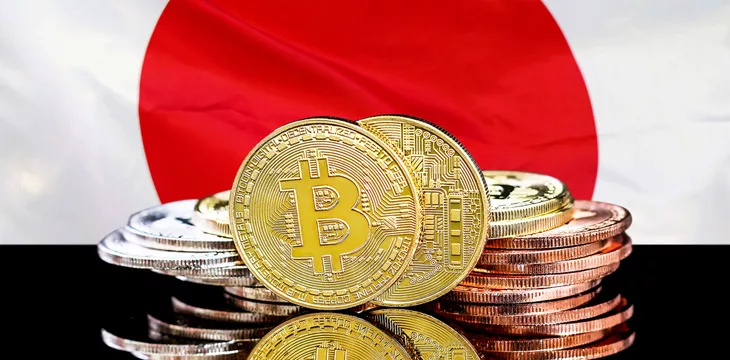|
Getting your Trinity Audio player ready...
|
After years of handling it with leniency, Japanese lawmakers have confirmed plans to impose stricter Anti-Money Laundering (AML) rules for the digital currency industry.
The new regime of rules is expected to be launched on June 1. Experts opine that the guidelines are designed to align Japanese AML processes to global standards following the large-scale collapses in the digital currency sector.
The main focus of Japan’s incoming rules is the ratification of the Financial Action Task Force’s (FATF) Travel Rule, requiring detailed reporting of transactions. The Travel Rule mandates digital asset exchanges to report all details of any digital asset transaction exceeding $3,000.
In December, the FATF ruled that present AML procedures in Japan fell below its standards, threatening to include the country in its “gray list.” Buoyed by the FATF’s scathing criticism, the Japanese parliament swung into action to review its existing AML rules.
The country’s legislature also drew inspiration from the G7 meeting in Japan, with member countries pledging to implement the Travel Rule in their jurisdictions. Members reached a consensus to increase regulatory action over the digital asset industry to avoid a repeat of FTX’s implosion.
“G7 countries should lead by example and regulate the crypto sector so that no safe havens exist for illicit crypto transactions,” said FATF President T. Raja Kumar at the G7 summit in Japan.
While its AML rules might be lacking, Japan has imposed several checks on digital currency service providers. Firms must ensure proper custodial measures for customers’ assets, conduct regular audits and seek licensing from the Financial Services Agency (FSA) before operating.
The FSA also sets out several guardrails for the use of leverage and the additional requirement for exchanges to use cold wallets to store 90% of clients’ funds.
The tightening screws
Japan is not the only country tightening the screws for digital assets, with several jurisdictions opting to flex their regulatory muscle over the industry. India has rolled out stringent tax rules, while other countries are clamping down on illegal digital asset mining.
The U.S. Securities and Exchange Commission (SEC) has increased the intensity of its enforcement action against defaulting firms after increasing its staff strength. Despite the increased policing of the industry, Hong Kong and Dubai are emerging as cities with a welcoming disposition toward the digital currency ecosystem.
Watch: Why blockchain regulatory oversight is important

 06-30-2025
06-30-2025 





